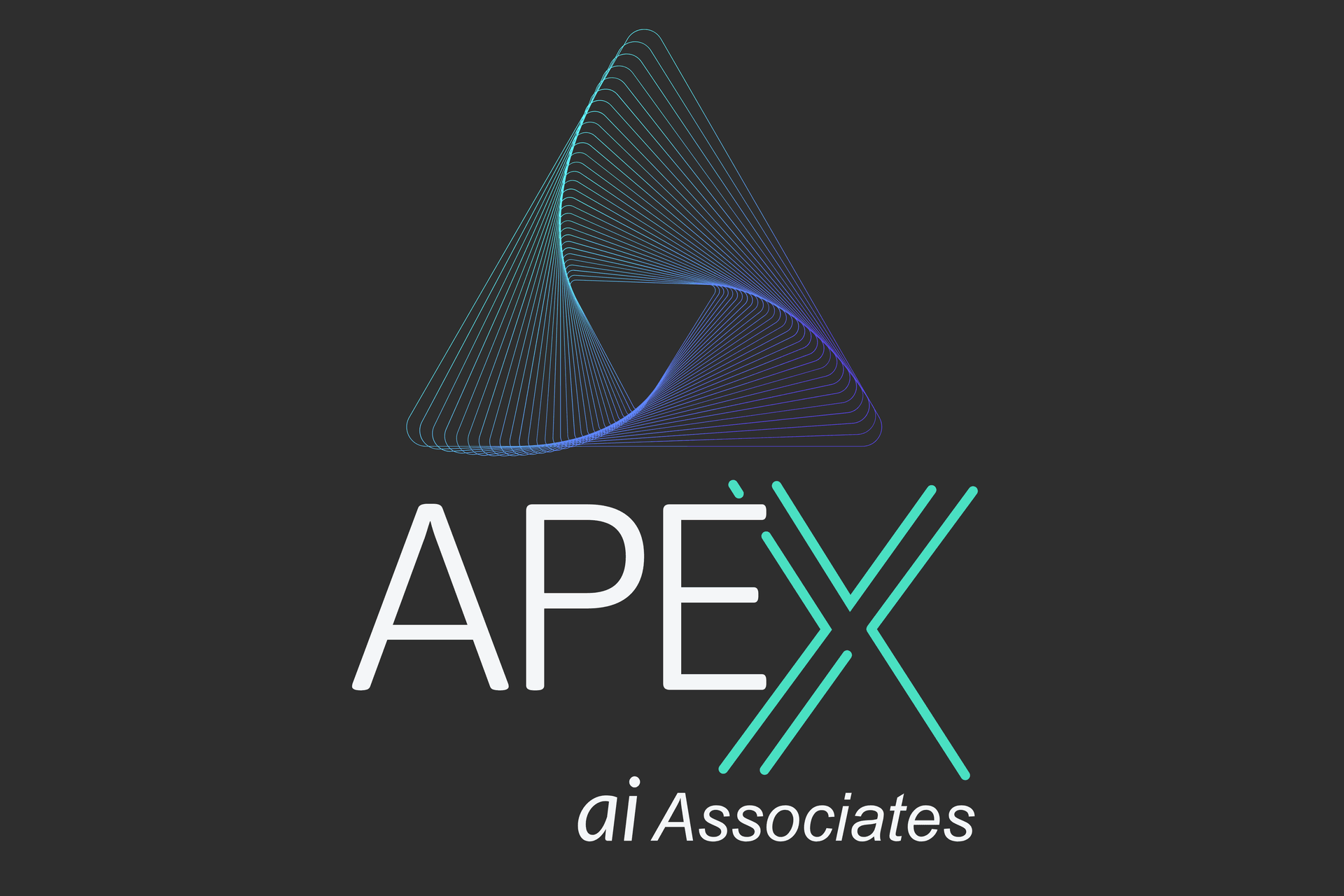Understanding AI Implementation Challenges in Lansing
Introduction to AI Implementation in Lansing
Artificial Intelligence (AI) is transforming industries across the globe, and Lansing is no exception. As businesses in Lansing look to integrate AI technologies, they encounter several unique challenges. Understanding these challenges is key to successful implementation and maximizing the benefits of AI.
Lansing, known for its rich industrial history and growing tech scene, is well-positioned to leverage AI for economic growth. However, the path to AI adoption is not without its hurdles. From technical complexities to workforce readiness, organizations must navigate various obstacles to fully harness AI's potential.

Technical Challenges in AI Implementation
Data Collection and Management
One of the primary challenges in AI implementation is managing vast amounts of data. Businesses in Lansing need robust data collection systems to ensure the accuracy and reliability of information fed into AI models. This requires significant investment in data infrastructure and storage solutions.
Moreover, data privacy concerns add another layer of complexity. Companies must comply with regulations like GDPR and ensure that their data handling practices are secure and transparent. This adds to the technical burden for organizations eager to deploy AI solutions.

Integration with Existing Systems
Integrating AI into existing legacy systems can be a daunting task. Many businesses in Lansing rely on outdated technology infrastructures that are not easily compatible with modern AI tools. Retrofitting these systems to accommodate AI requires careful planning and often involves significant time and resources.
To tackle this, businesses may consider a phased approach to integration, allowing for gradual adaptation and minimizing disruptions. Partnering with experienced AI vendors can also provide valuable support and insights during this transition period.
Workforce and Skill Development
Training and Education
The successful implementation of AI in Lansing hinges on having a skilled workforce. However, there is a notable skills gap in the local labor market. Upskilling employees through targeted training programs is essential to equip them with the necessary knowledge to work alongside AI technologies.
Local educational institutions and businesses can collaborate to develop specialized curricula that focus on AI and related fields. Such initiatives will foster a competent workforce, ready to meet the demands of an AI-driven economy.

Cultural Resistance
Cultural resistance to AI adoption can also pose a challenge. Employees may fear job displacement or struggle to adapt to new technologies. Addressing these concerns through transparent communication and demonstrating the benefits of AI can help alleviate apprehensions.
Organizations should foster a culture of innovation where employees feel empowered to embrace change. Encouraging active participation in the AI journey can lead to more successful implementation and acceptance across the workforce.
Conclusion
While AI implementation in Lansing presents several challenges, they are not insurmountable. By addressing technical barriers, investing in workforce development, and fostering a culture of innovation, businesses can successfully integrate AI technologies into their operations.
Lansing's journey towards embracing AI will require collaboration between businesses, educational institutions, and policymakers. By working together, the city can unlock the full potential of AI, driving economic growth and enhancing competitive advantage in the digital age.

